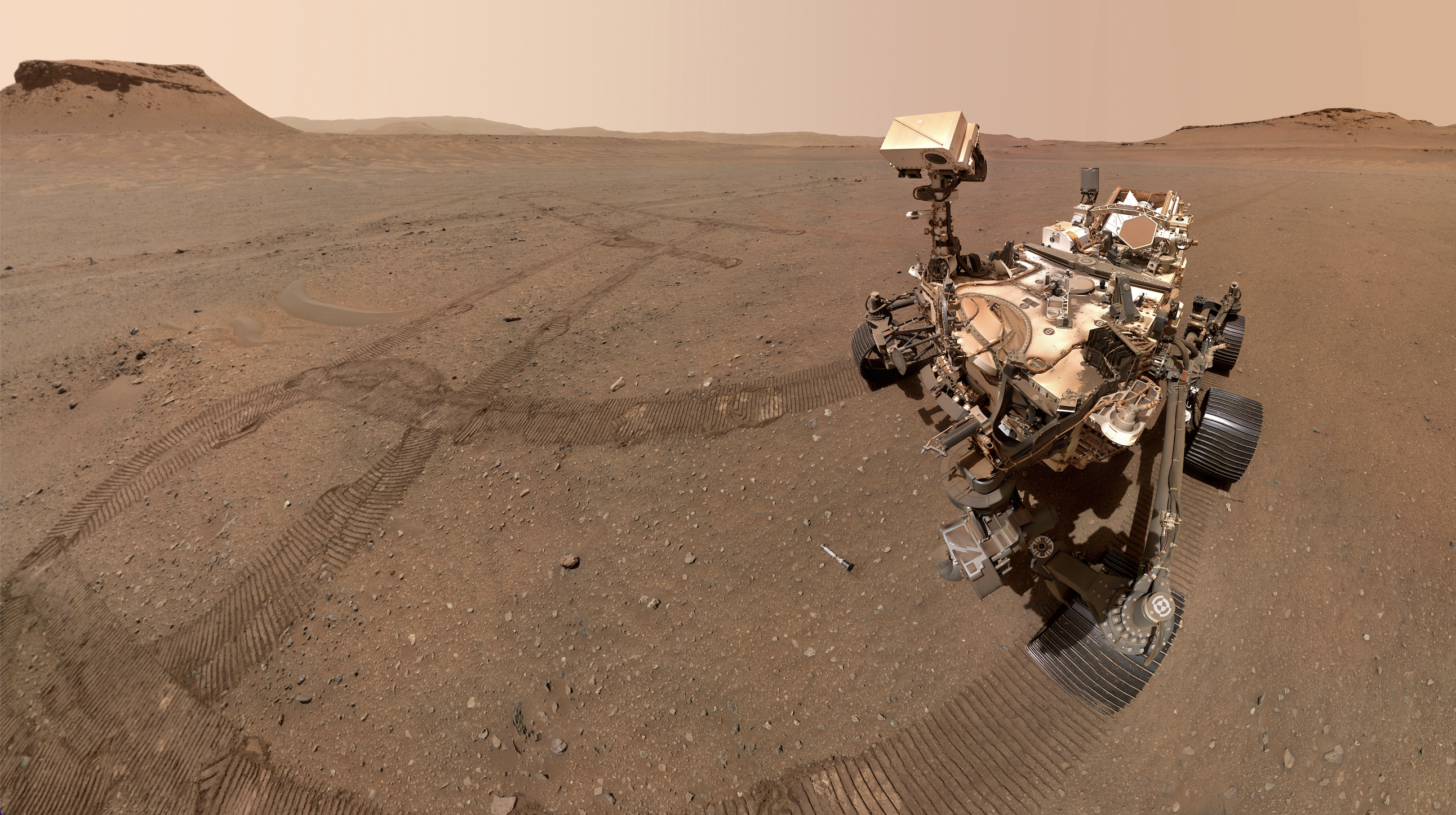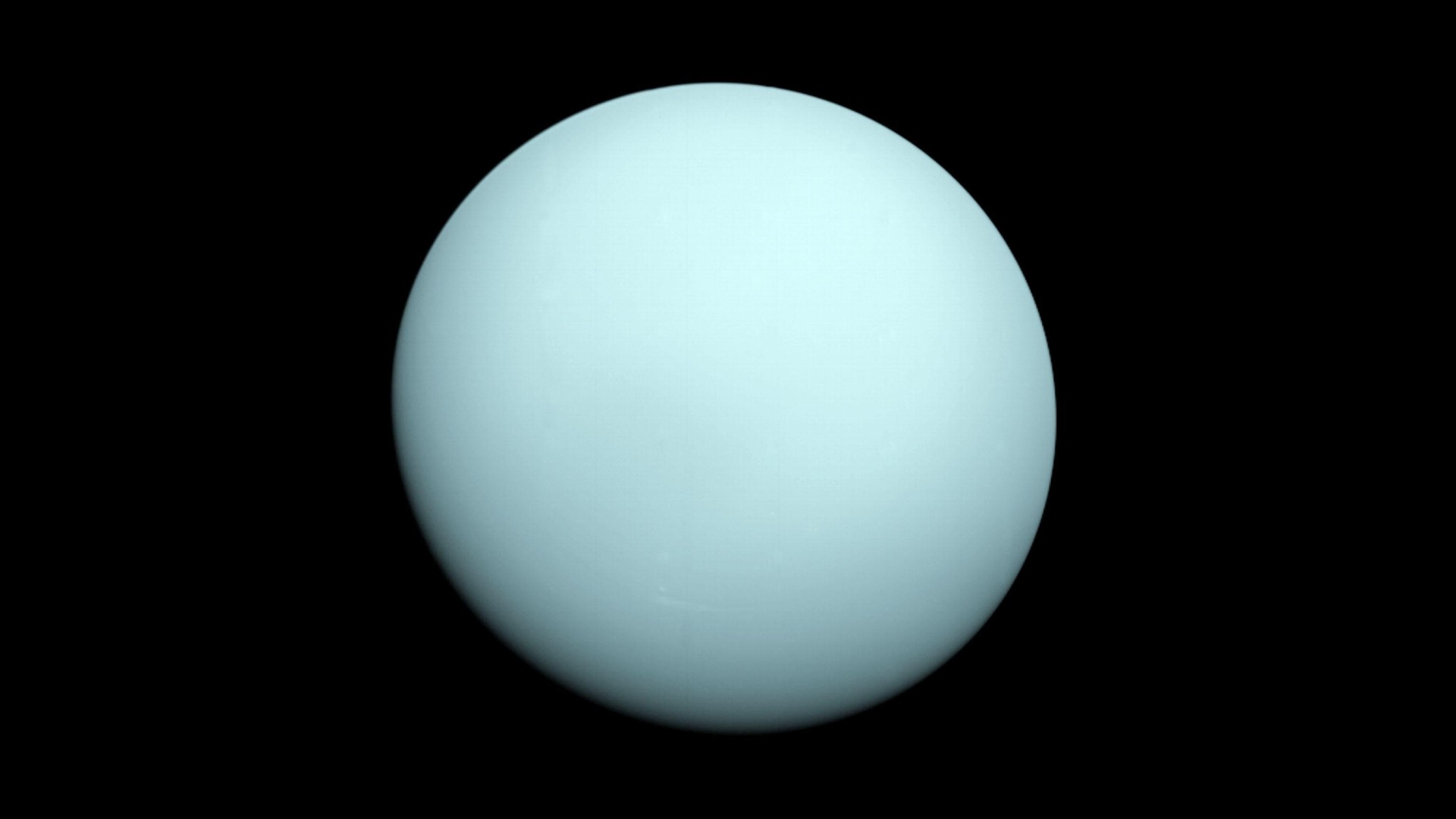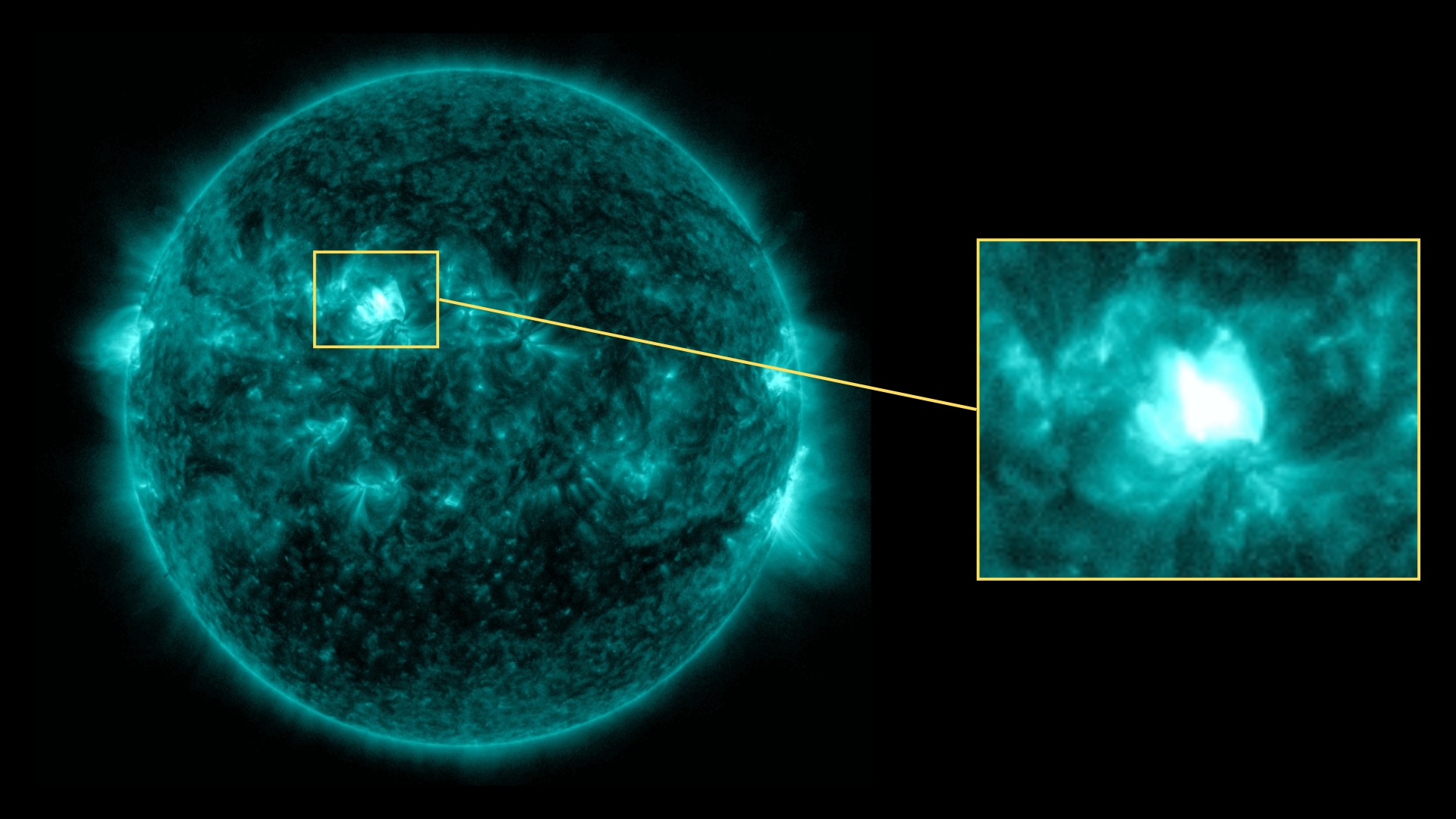
Charles Q. Choi
Charles Q. Choi is a contributing writer for Space.com and Live Science. He covers all things human origins and astronomy as well as physics, animals and general science topics. Charles has a Master of Arts degree from the University of Missouri-Columbia, School of Journalism and a Bachelor of Arts degree from the University of South Florida. Charles has visited every continent on Earth, drinking rancid yak butter tea in Lhasa, snorkeling with sea lions in the Galapagos and even climbing an iceberg in Antarctica. Visit him at http://www.sciwriter.us
Latest articles by Charles Q. Choi
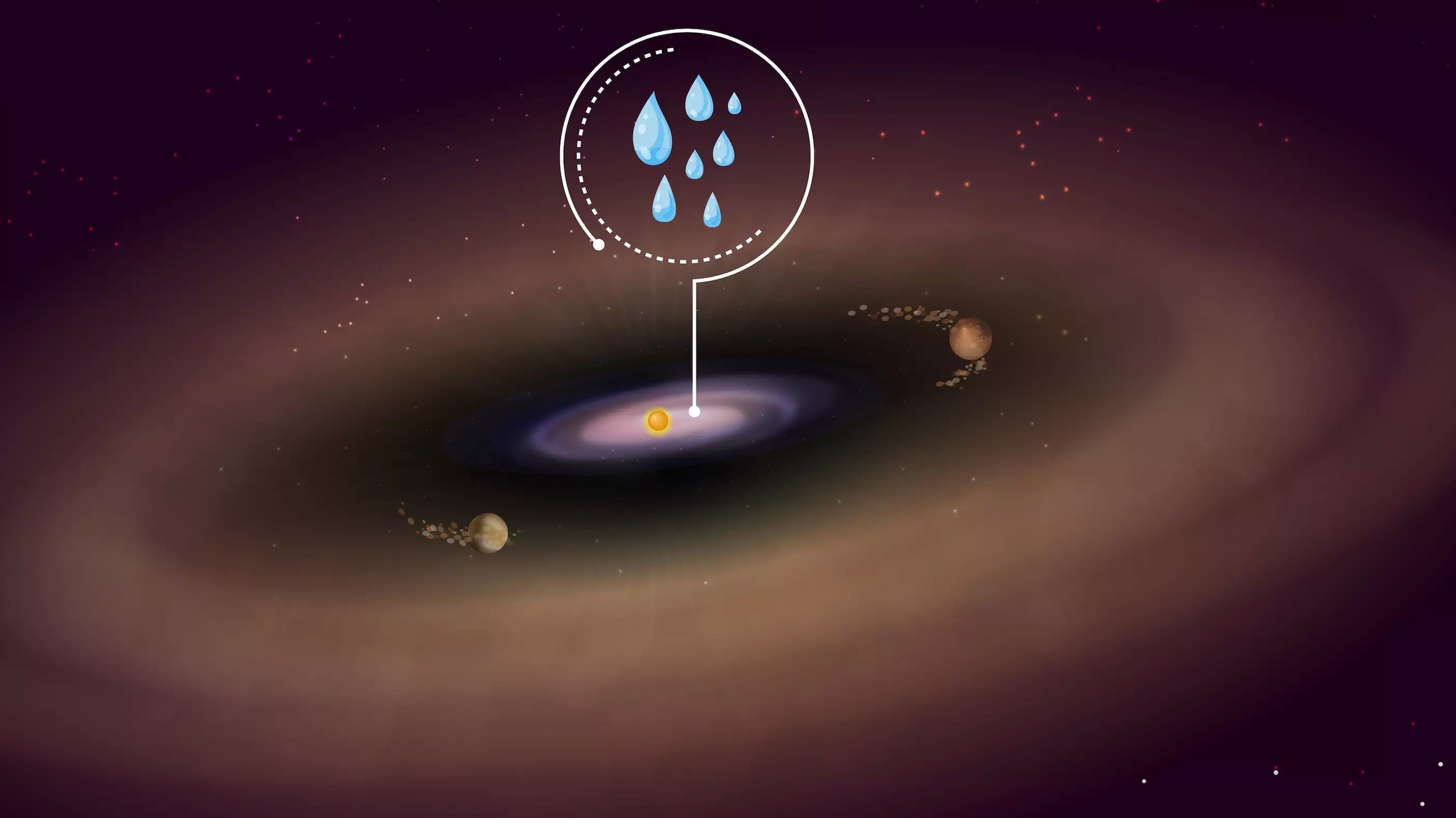
James Webb Space Telescope spies water near center of planet-forming disk in cosmic 1st
By Charles Q. Choi published
Rocky exoplanets could possess large amounts of water from the moment they form, observations by the James Webb Space Telescope suggest.
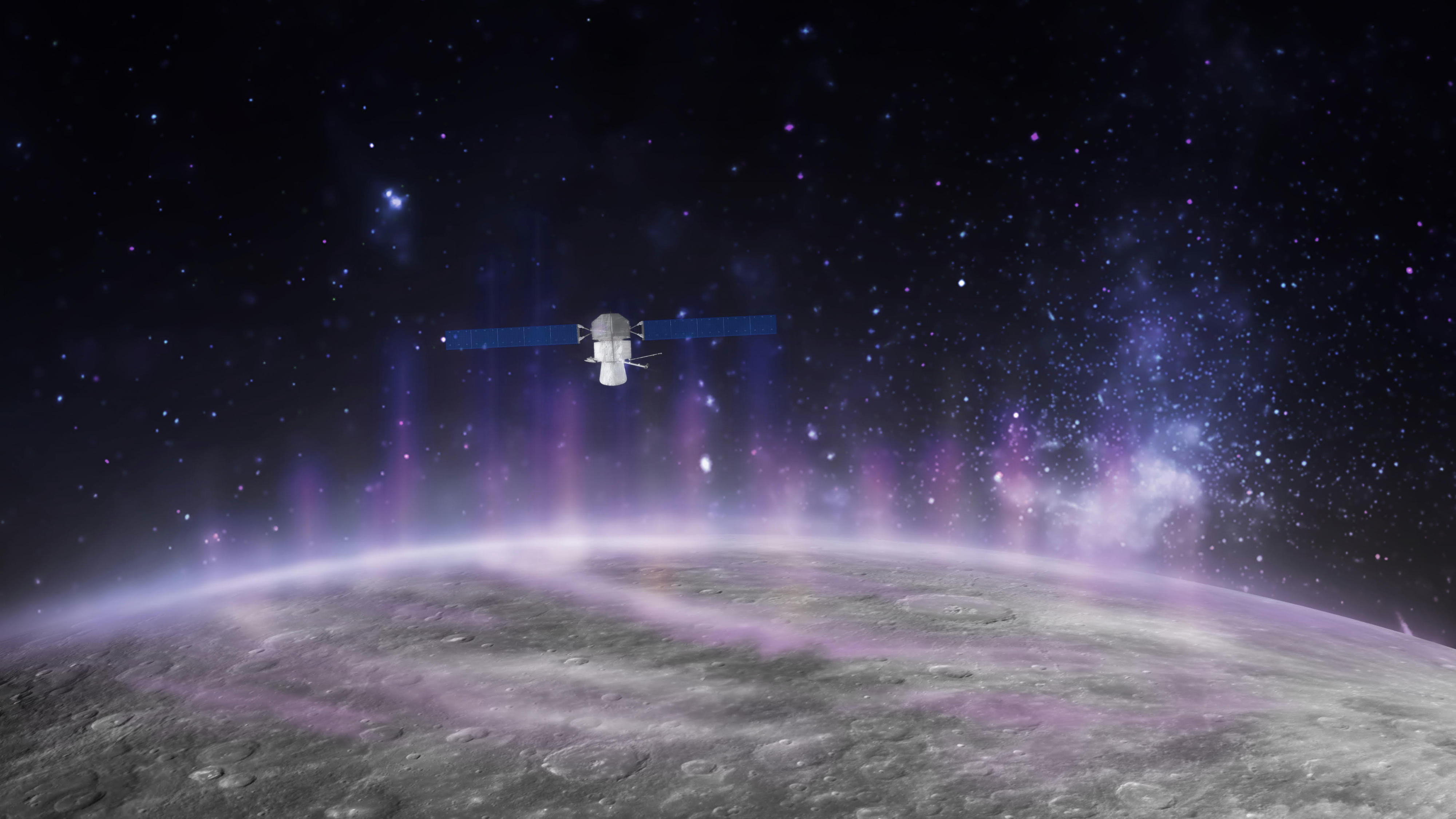
Auroras across the solar system are powered in the same way, Mercury results suggest
By Charles Q. Choi published
The way in which the radiant displays of colors in the sky known as auroras form on Earth may be how these lights arise throughout the solar system, according to new findings from Mercury.
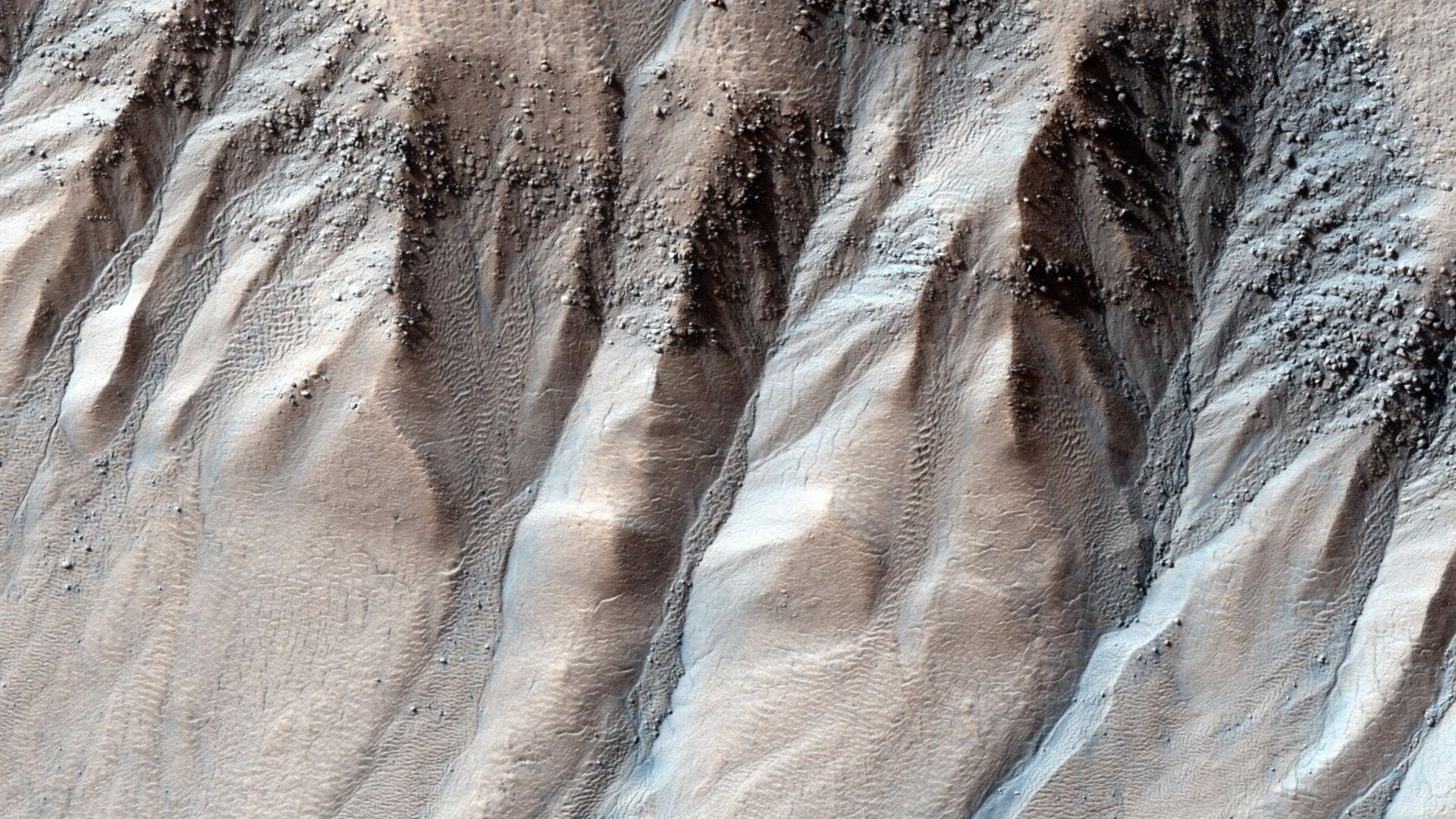
Water on Mars carved deep gullies and left a 'great puzzle' for Red Planet history
By Charles Q. Choi published
Gullies on Mars may have formed when the Red Planet was highly tilted on its side, triggering dramatic shifts in climate that sent water cascading down slopes to carve out ravines.
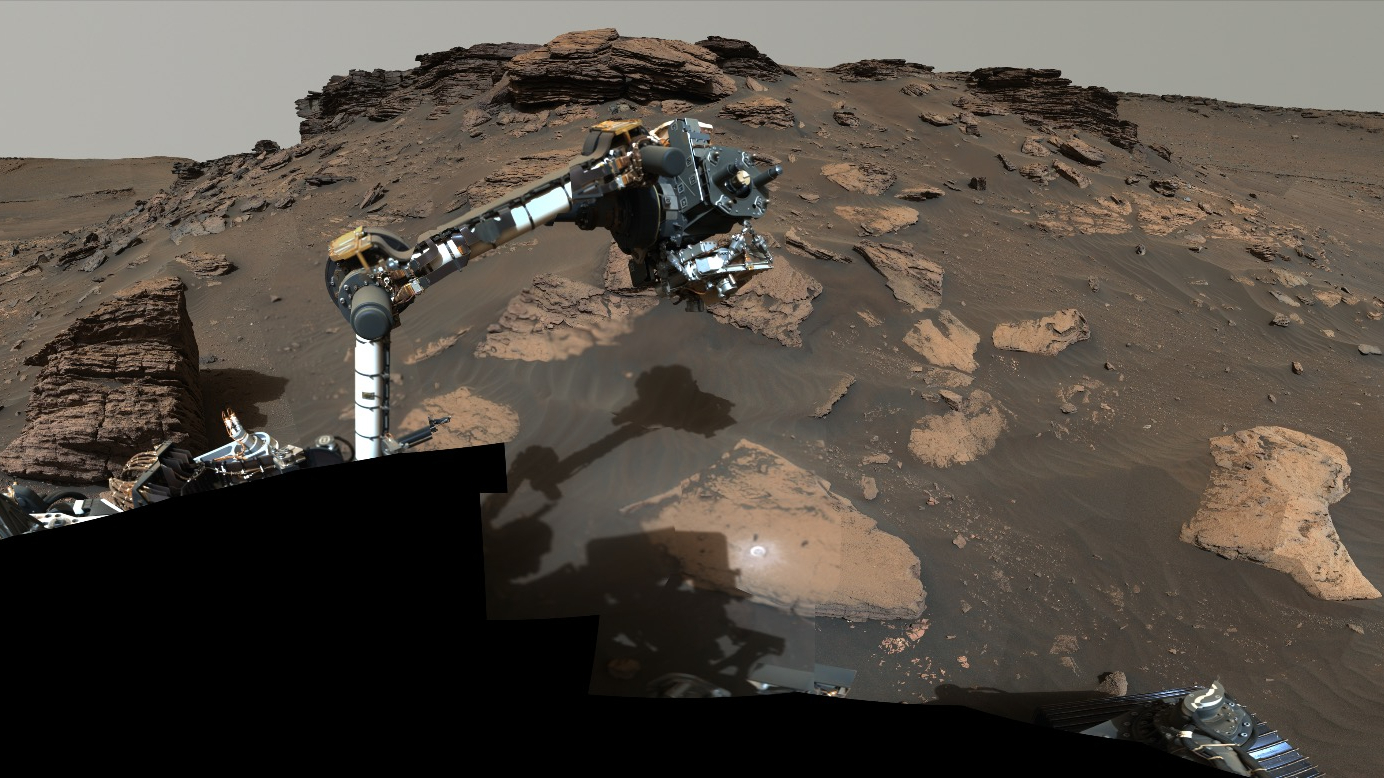
Building blocks of Mars life? Perseverance rover digs up diverse set of organic molecules on the Red Planet
By Charles Q. Choi published
NASA's Perseverance rover has found an intriguing menagerie of organic molecules in a Martian crater, but their source remains unclear.
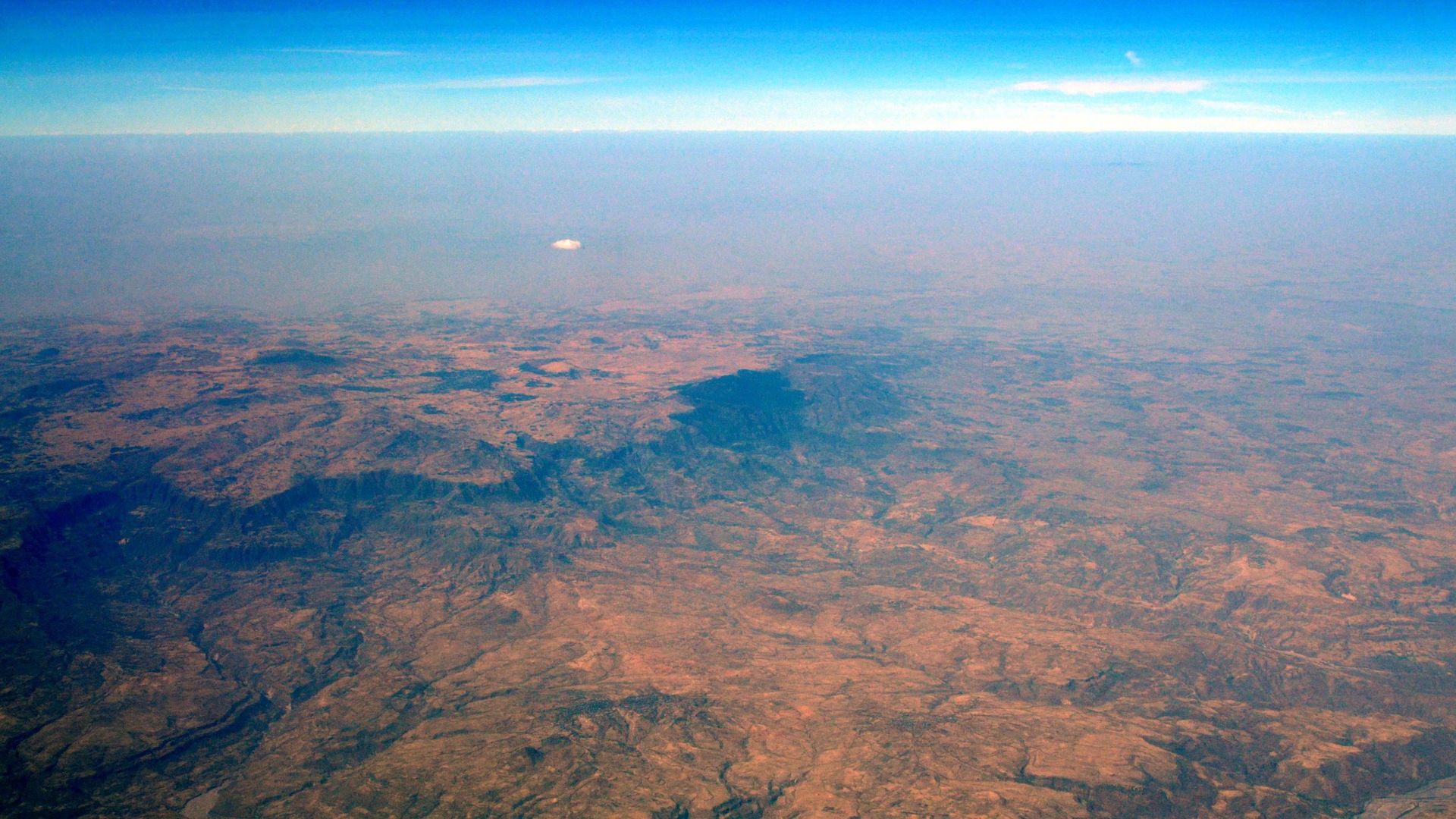
Mushroom-shaped superplume of scorching hot rock may be splitting Africa in 2
By Charles Q. Choi published
Strange, never-before-seen movements in the East Africa Rift Valley appear to be driven by super-heated rock from deep beneath Earth's surface.
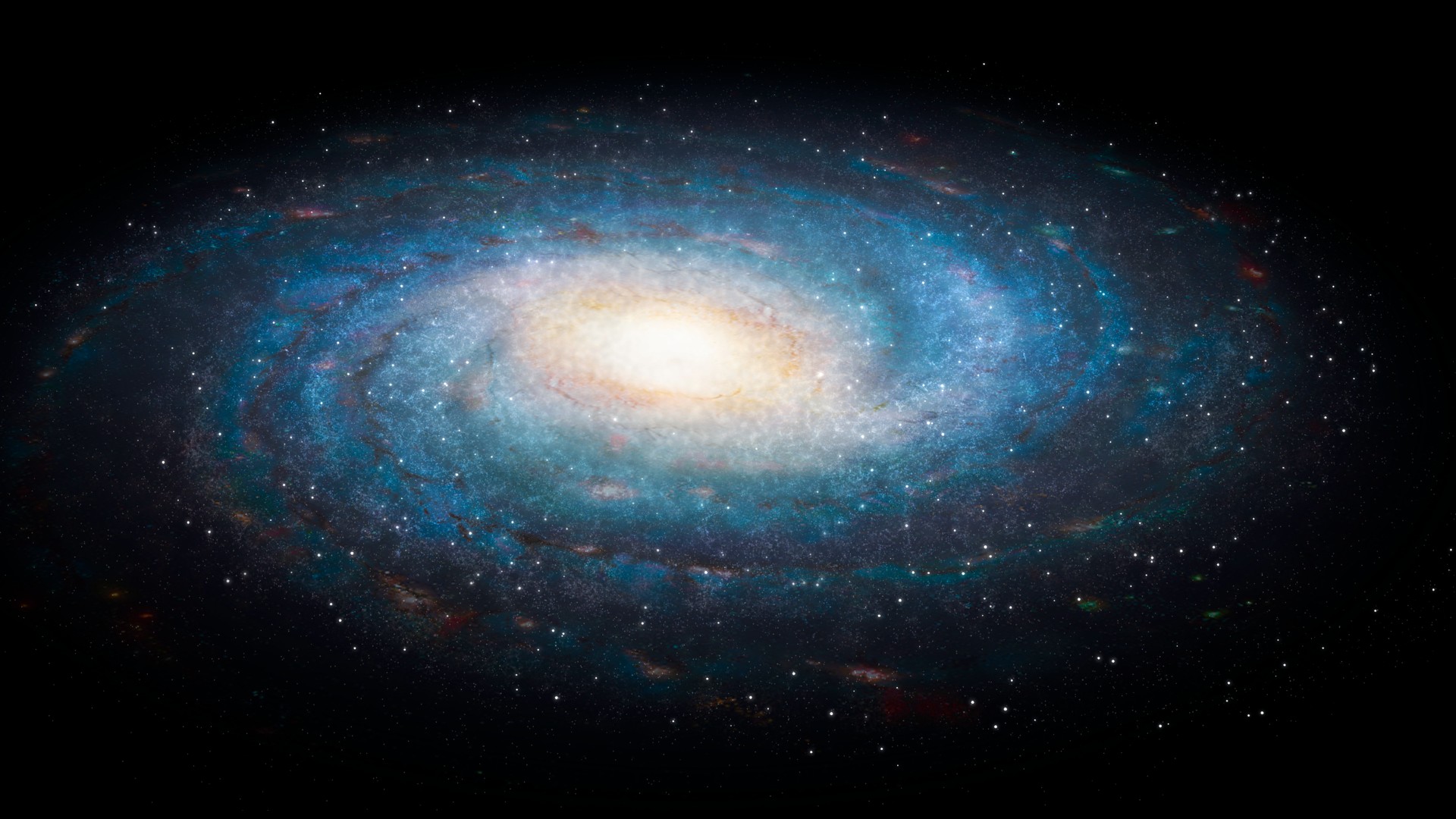
Alien's-eye view of the Milky Way: Our galaxy is unusual but not unique
By Charles Q. Choi published
Astronomers have now deduced what alien scientists might see when they gaze at the Milky Way from afar. Our home galaxy is unusual but not unique, at least when it comes to chemistry.
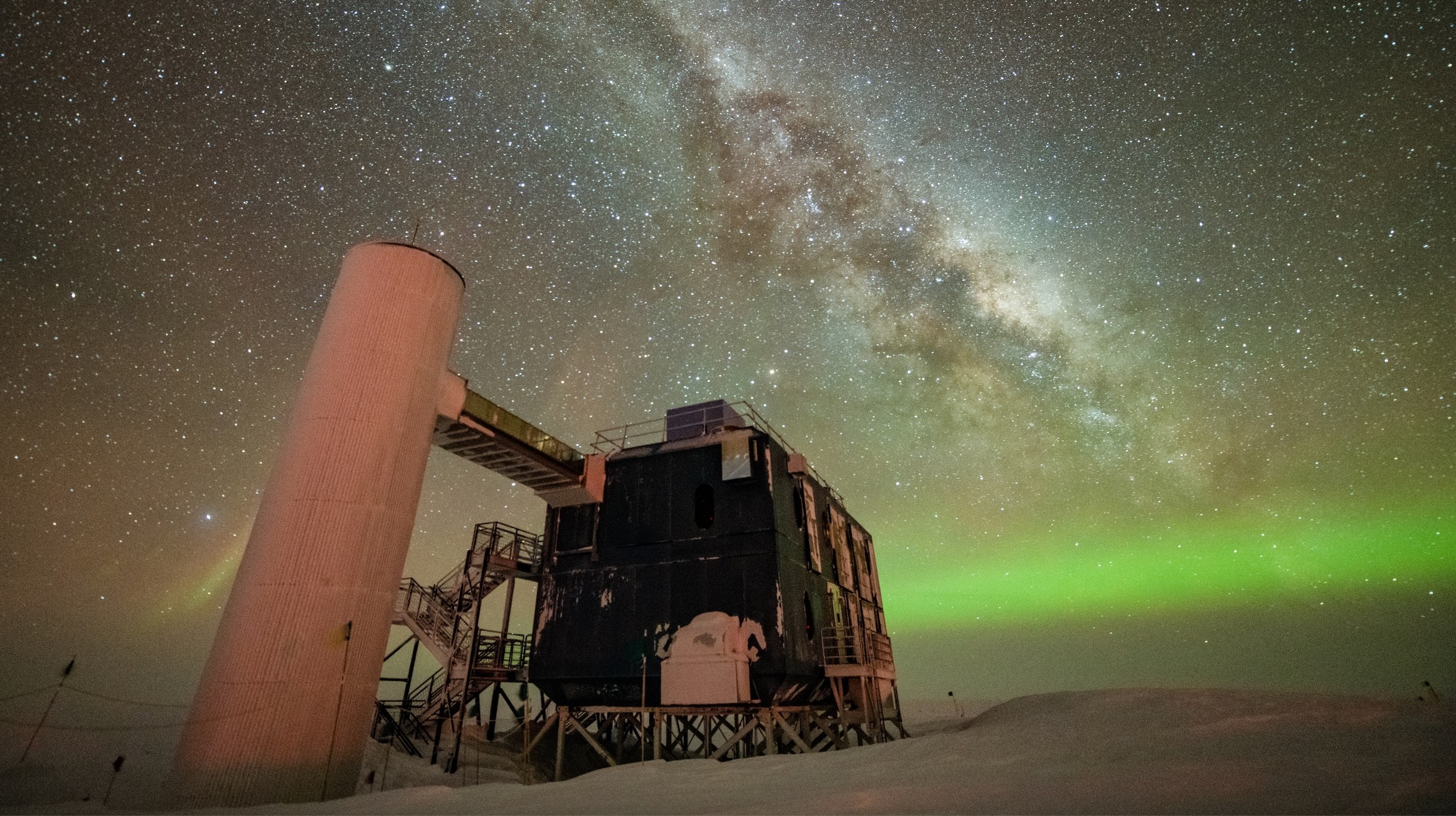
Scientists find 'ghost particles' spewing from our Milky Way galaxy in landmark discovery (video)
By Charles Q. Choi published
Astronomers have detected high-energy neutrinos coming from within our Milky Way galaxy, potentially opening up an exciting new window of research.
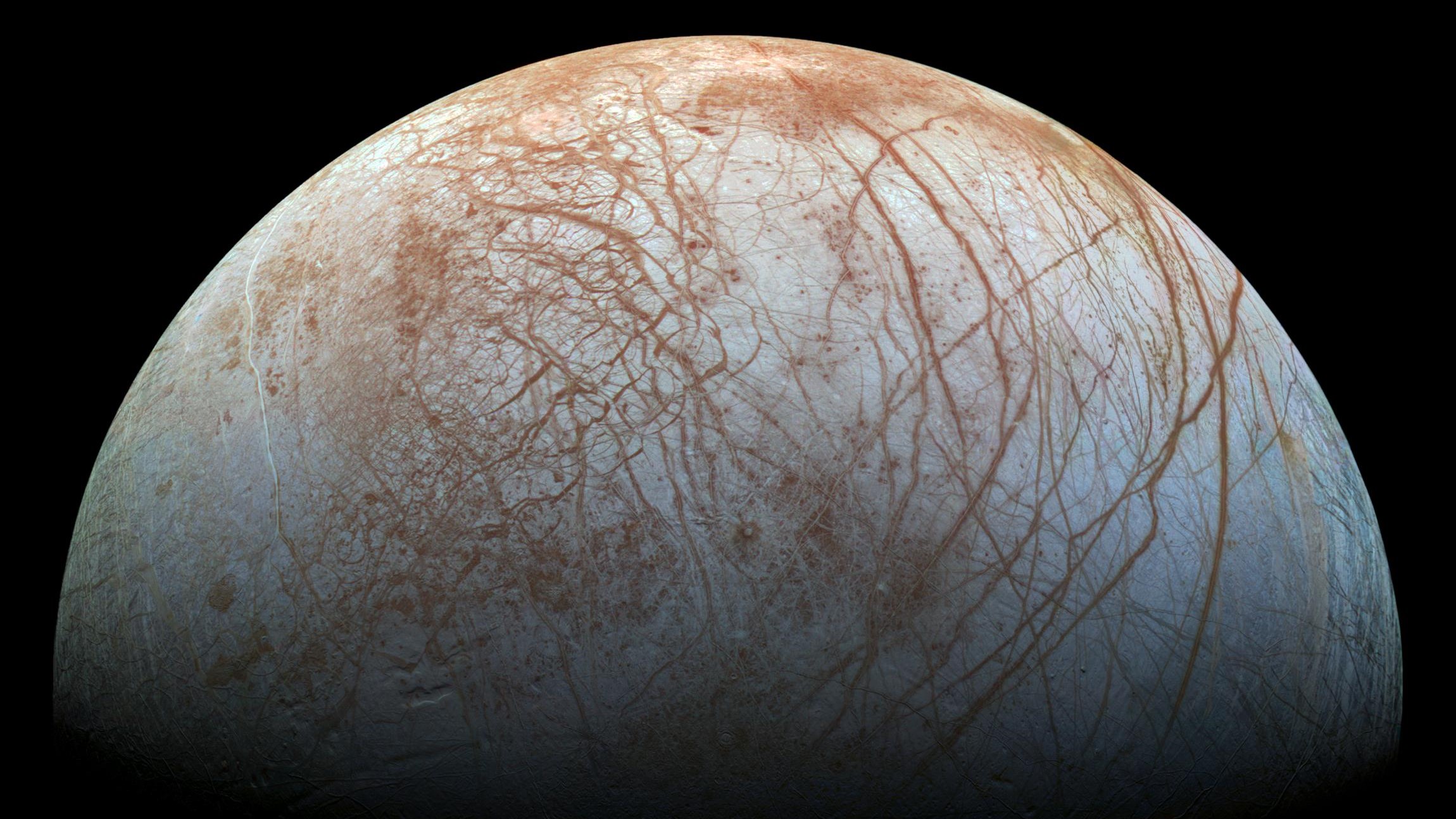
Surprise! Jupiter's ocean moon Europa may not have a fully formed core
By Charles Q. Choi published
The core of Jupiter's ocean moon Europa might have formed billions of years after the rest of it did, if indeed it has formed at all, a new study finds.
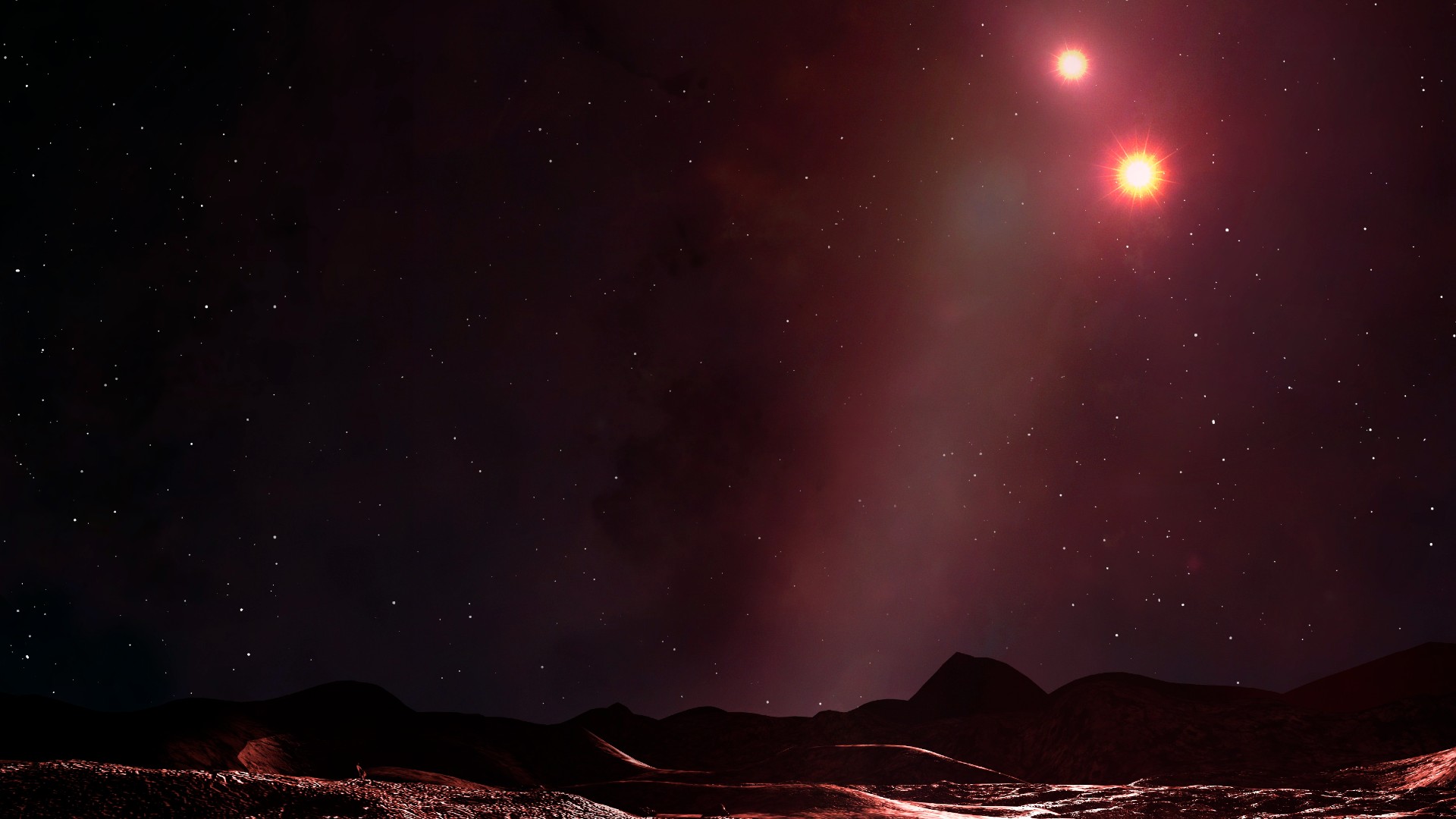
New Tatooine-like exoplanet discovered orbiting twin suns. Meet BEBOP-1c.
By Charles Q. Choi published
The discovery of the new planet BEBOP-1c confirms the 2nd-ever known planetary system orbiting twin stars similar to the fictional planet Tatooine of Star Wars fame.
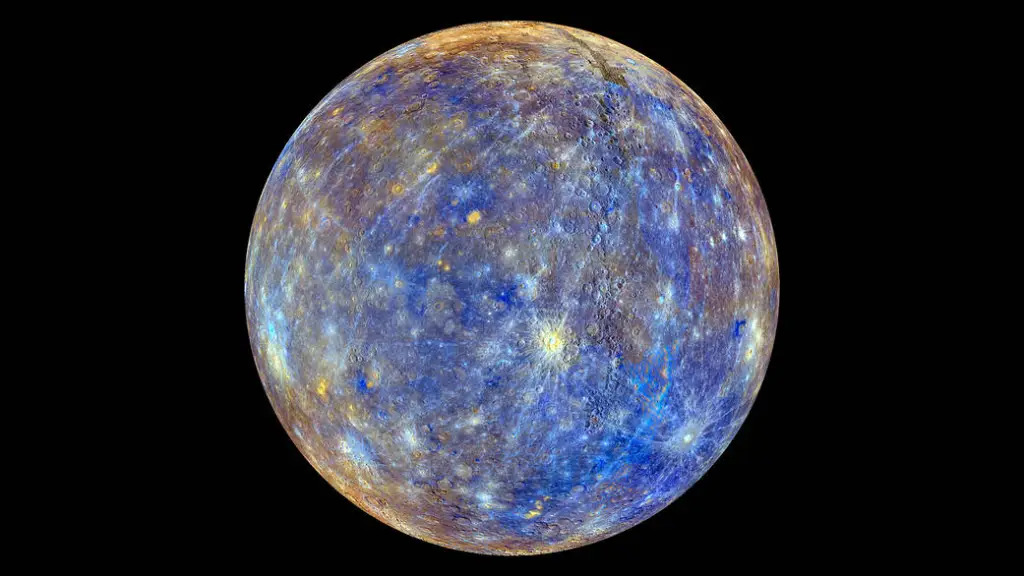
Mercury: A complete guide to the closest planet to the sun
By Charles Q. Choi, Daisy Dobrijevic last updated
Reference Mercury is the closest planet to the sun and the smallest planet in the solar system. Here we explore the strange world in more detail.
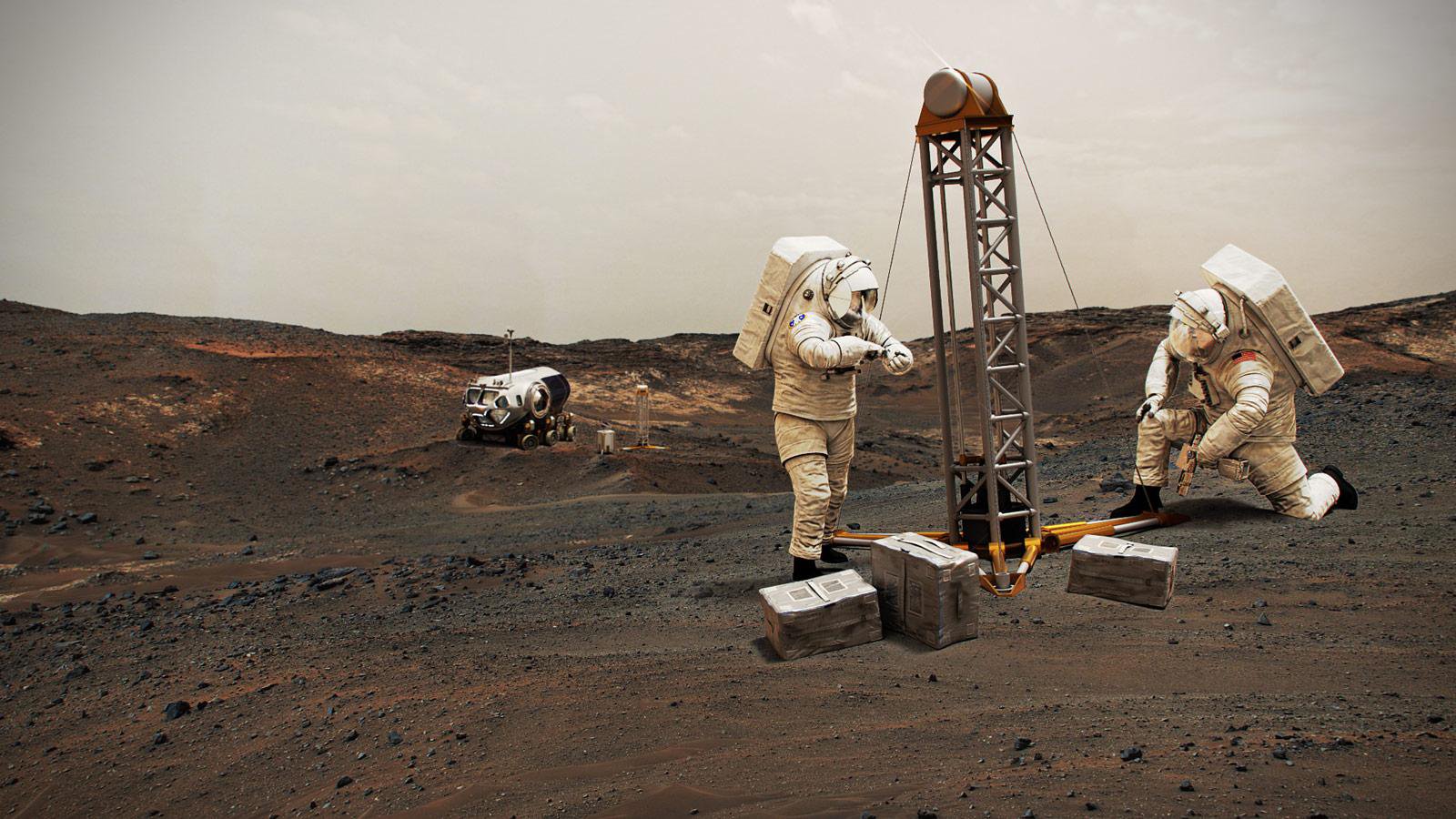
Long space missions take a toll on astronaut brains, study finds
By Charles Q. Choi published
Long spaceflights can cause astronauts' ventricles — cavities in the brain that hold cerebrospinal fluid — to enlarge by up to 25%. And it apparently takes years for the swelling to go down.
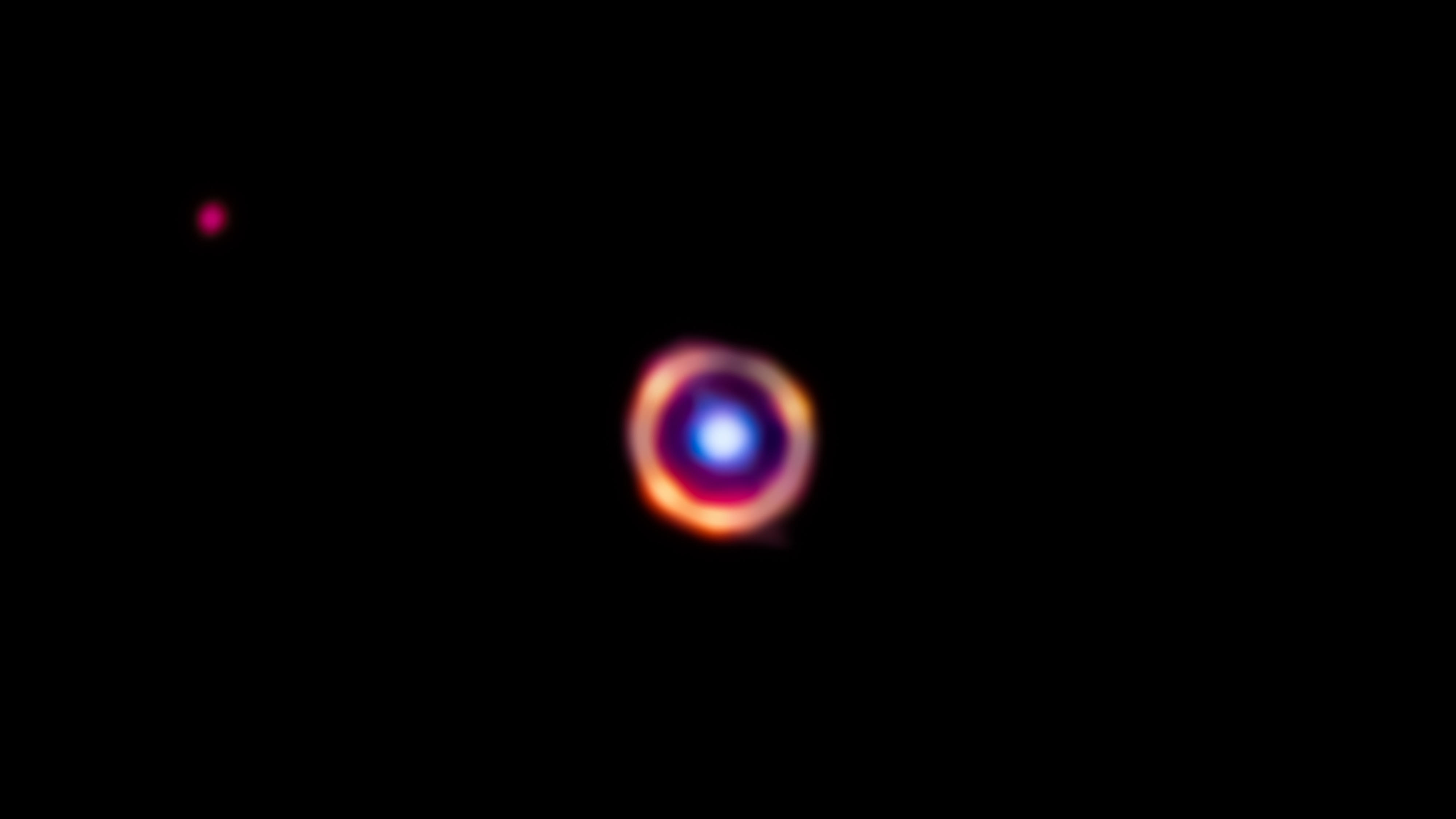
James Webb Space Telescope spies earliest complex organic molecules in the universe
By Charles Q. Choi published
Astronomers using the James Webb Space Telescope have detected the oldest known examples of complex organic molecules in the universe, a new study reports.
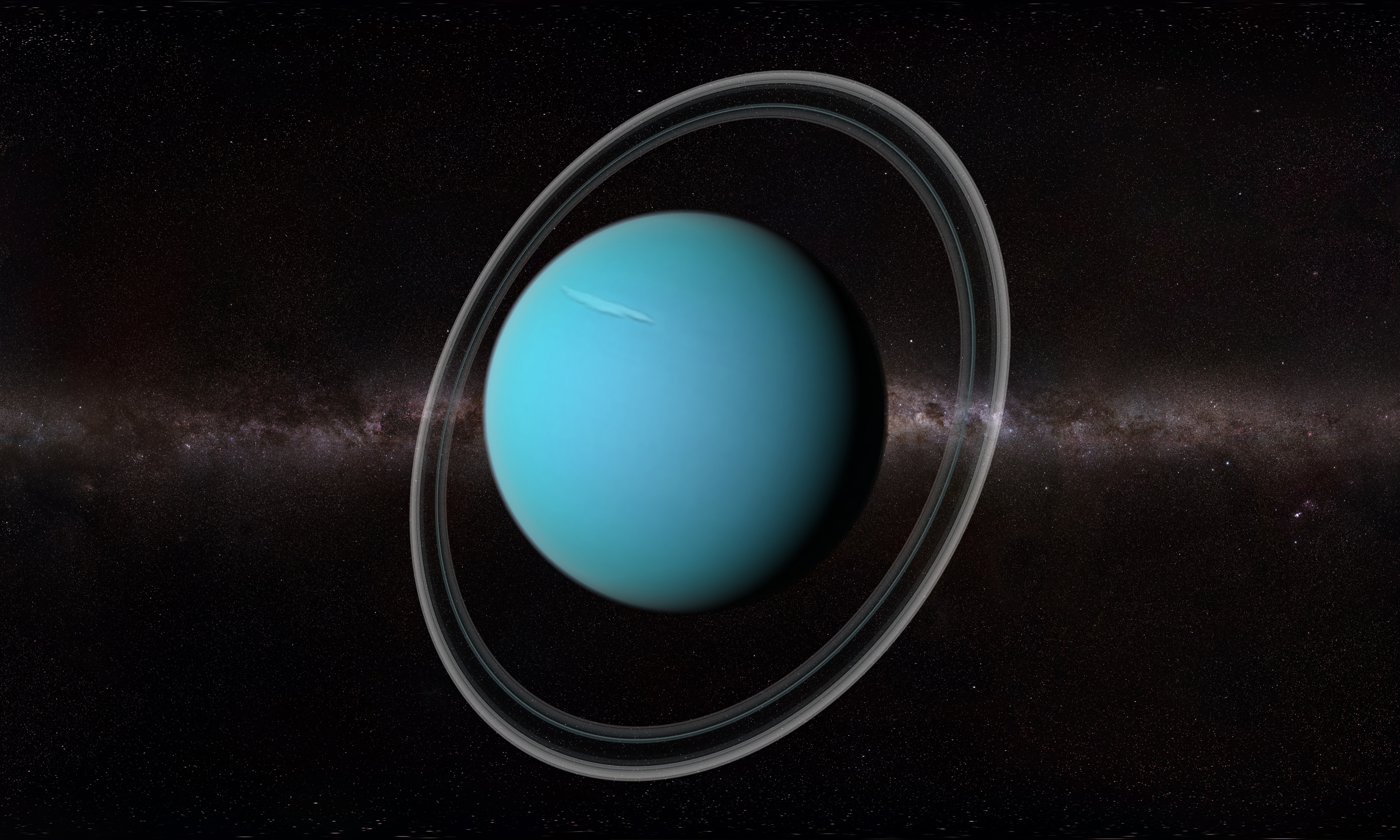
Uranus: Everything you need to know about the coldest planet in the solar system
By Charles Q. Choi last updated
Reference Uranus is the seventh planet from the sun and was the first to be discovered with a telescope. We explore this ice giant in more detail here.
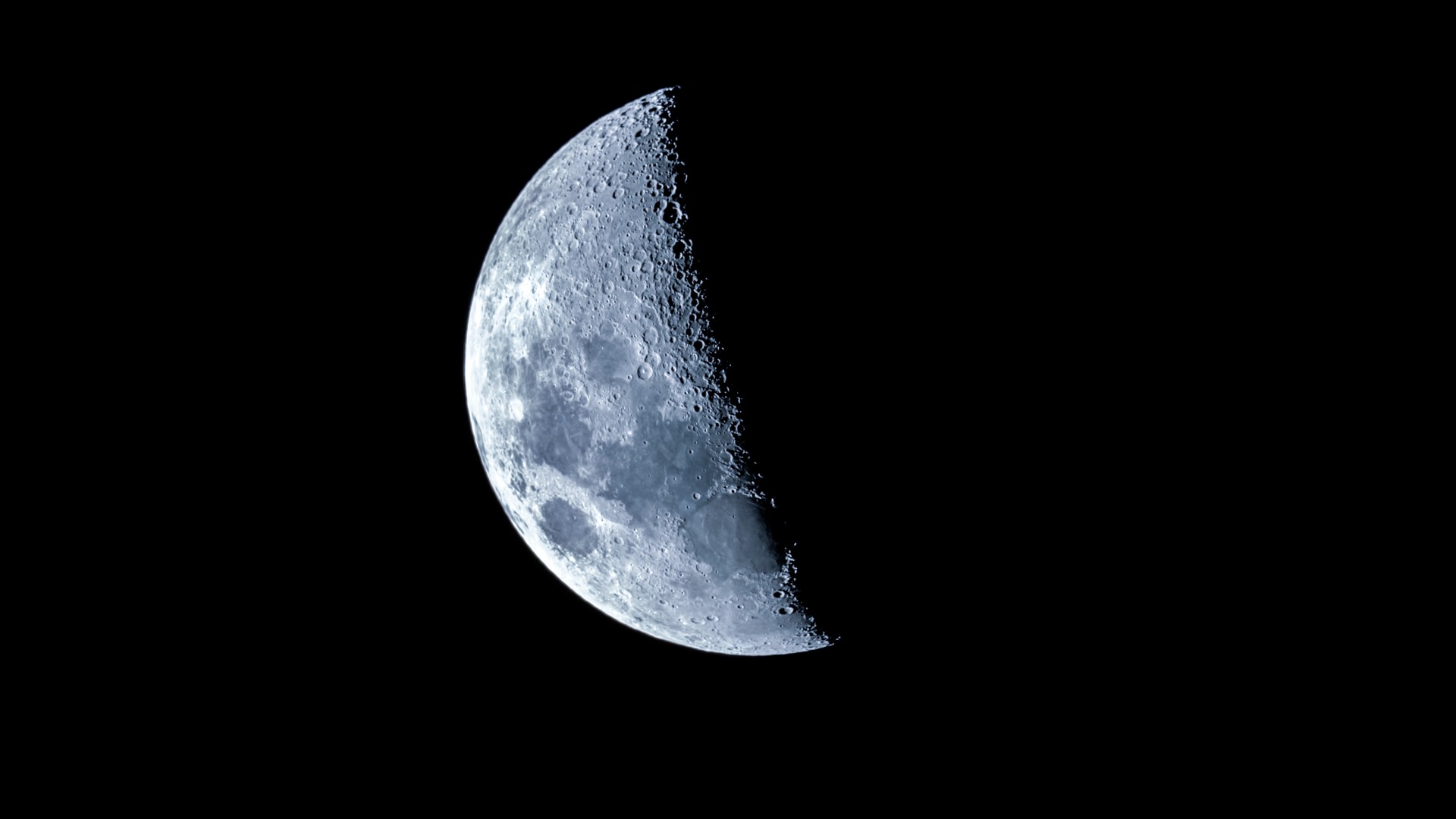
The moon: Everything you need to know about Earth's companion
By Charles Q. Choi last updated
Reference Learn how the moon formed, how its orbit affects Earth's tides, why solar and lunar eclipses happen and the history of lunar exploration.

Record-breaking Tonga undersea volcano disrupted satellite signals in space
By Charles Q. Choi published
The January 2022 eruption of a Tonga undersea volcano was powerful enough to generate plasma bubbles that disrupted radio communications in outer space.
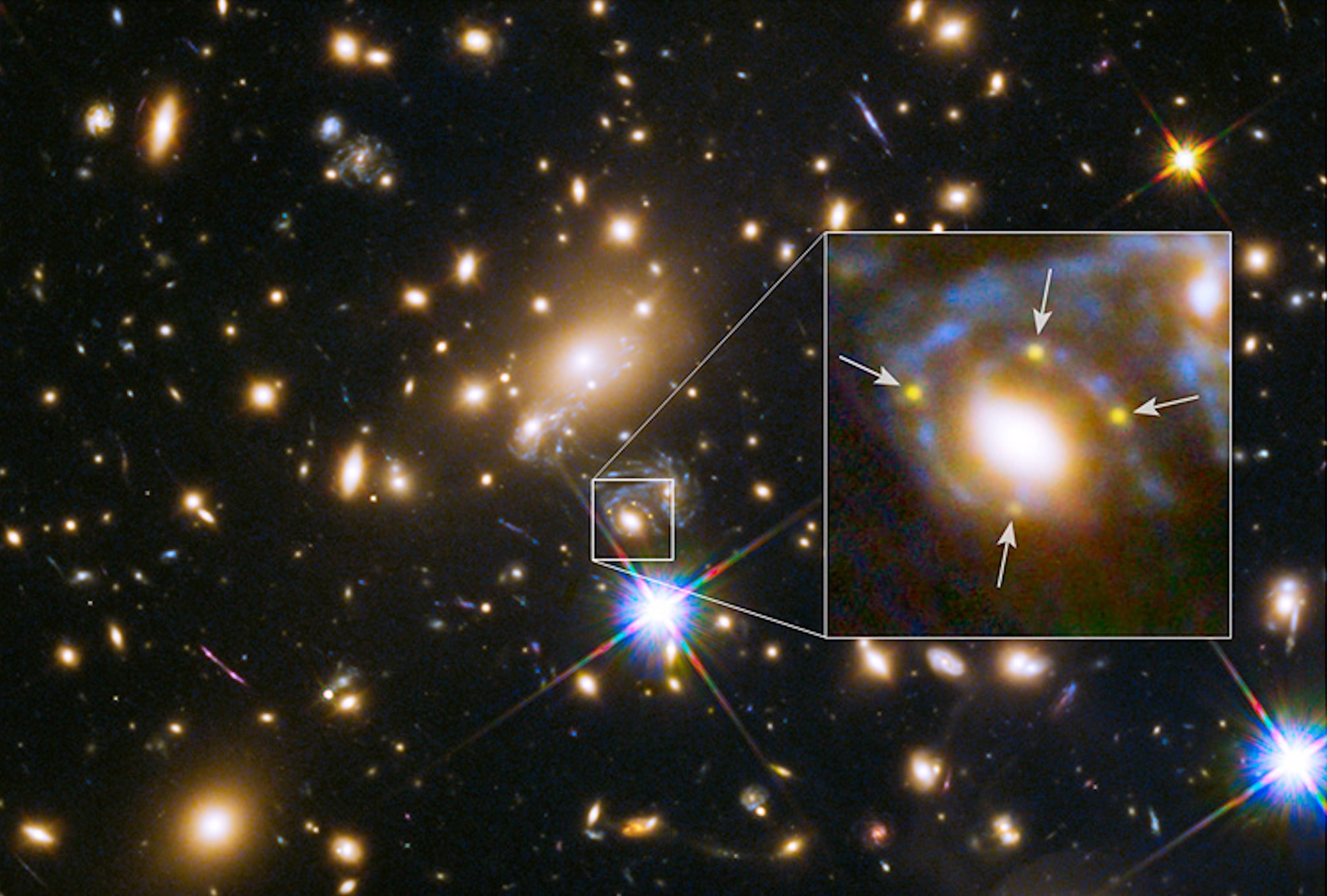
How fast is the universe expanding? New supernova data could help nail it down
By Charles Q. Choi published
A warp in the fabric of space and time that acted like a giant magnifying glass may help solve a celestial mystery about the rate of the universe's expansion.
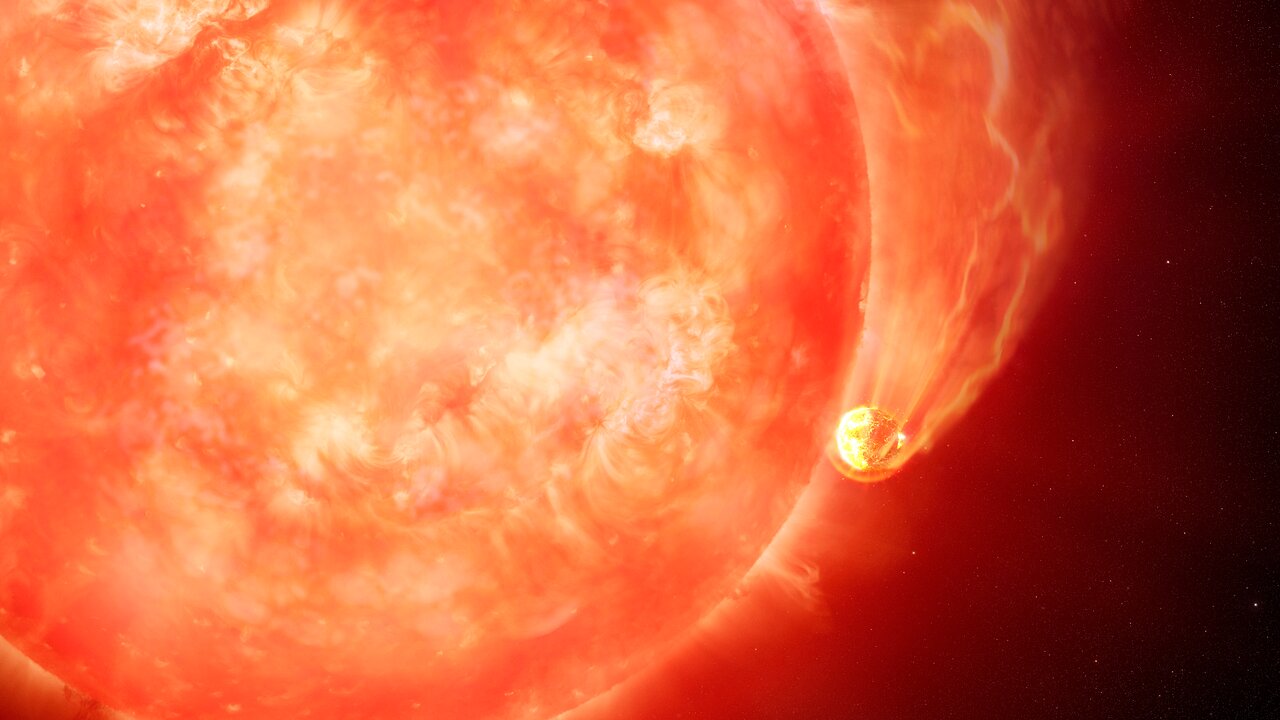
Scientists catch real-life Death Star devouring a planet in 1st-of-its-kind discovery
By Charles Q. Choi published
The action 12,000 light-years away may presage what happens to Earth about 5 billion years from now.
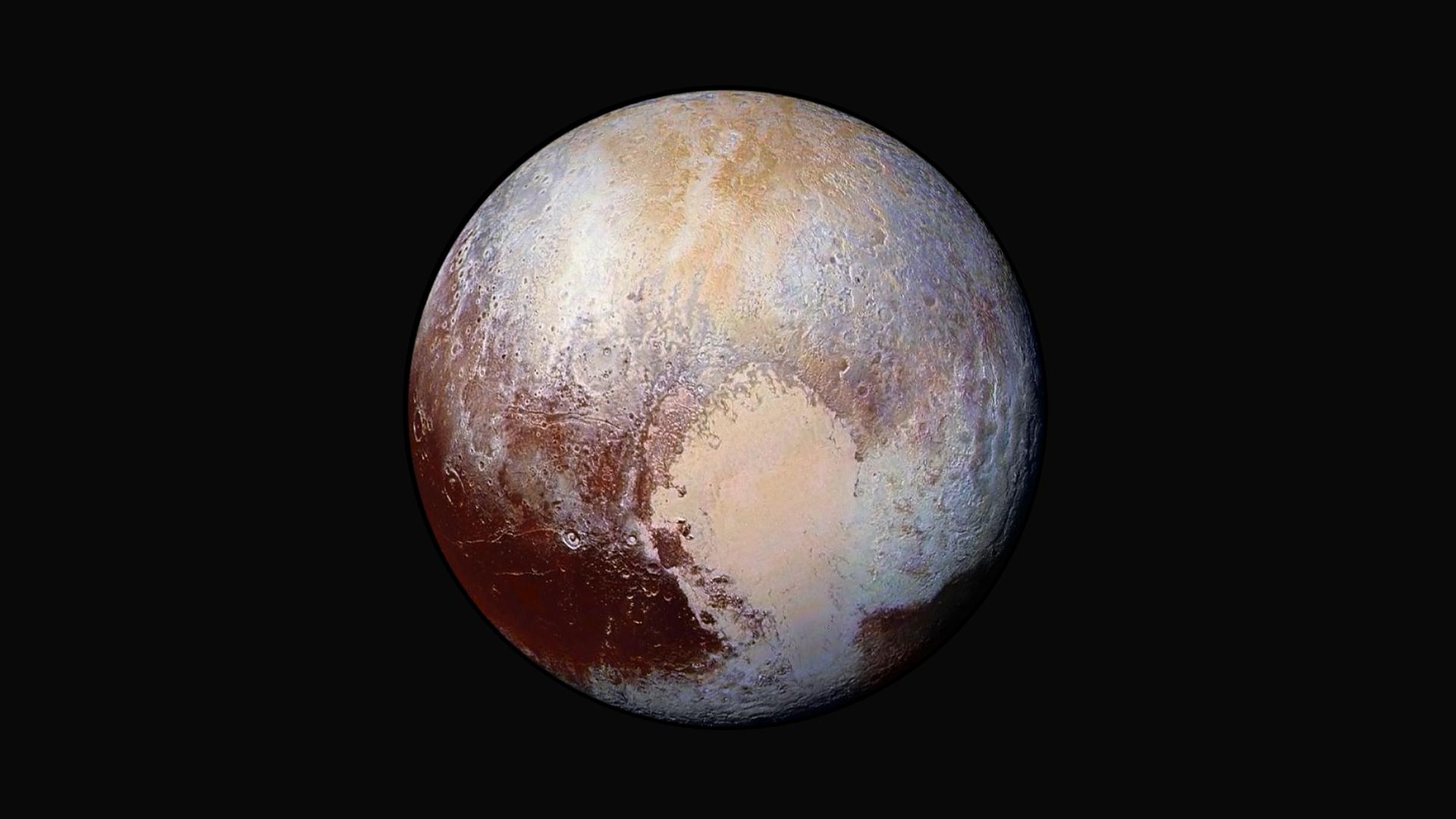
Pluto: Everything you need to know about the dwarf planet
By Charles Q. Choi, Scott Dutfield last updated
Reference Pluto was once considered the ninth planet in the solar system, it was demoted in 2006 to dwarf planet status. We explore this icy body in more detail here.
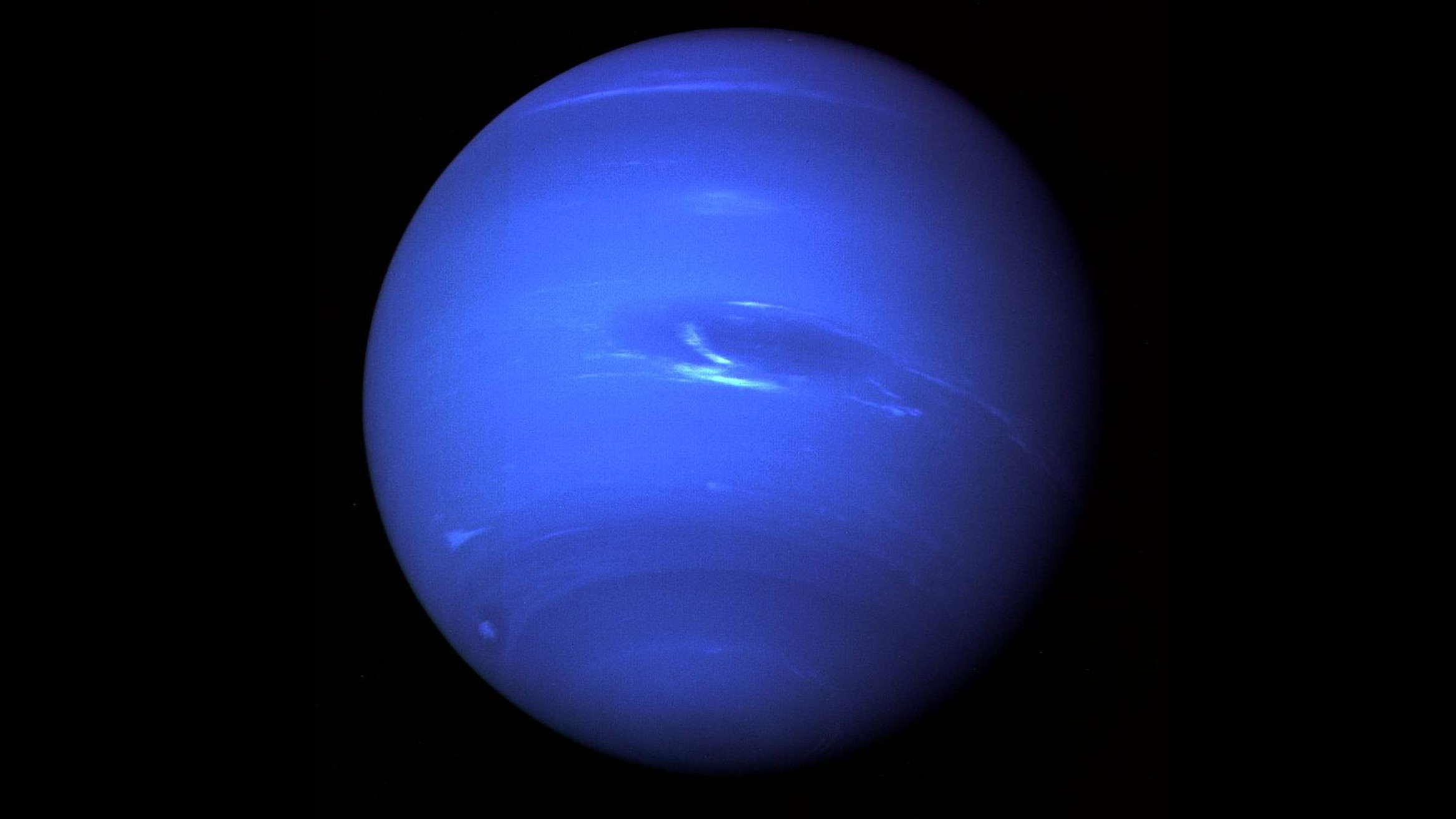
Neptune: A guide to the windy eighth planet from the sun
By Charles Q. Choi last updated
Reference Neptune is the farthest planet from the sun and was the first to be predicted before it was discovered.
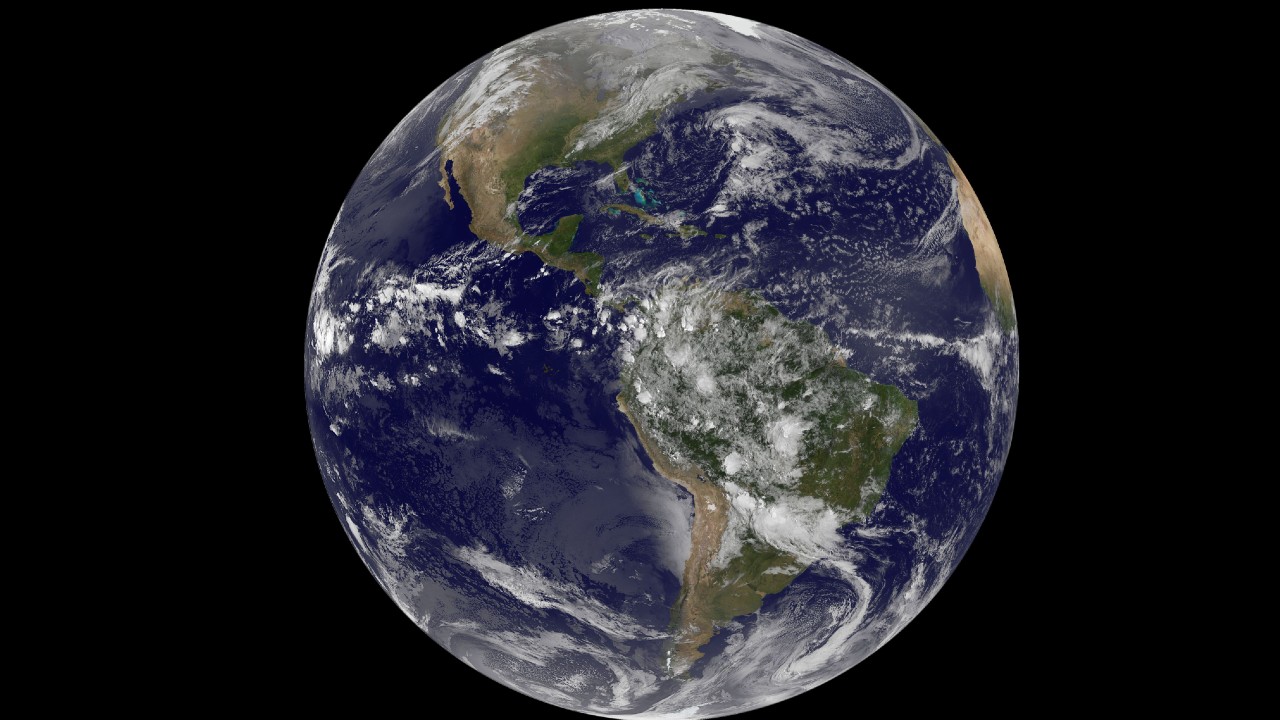
Planet Earth: Everything you need to know
By Charles Q. Choi, Ailsa Harvey last updated
Reference Earth is the only planet known to support life. Learn about what Earth is made of and where it came from.
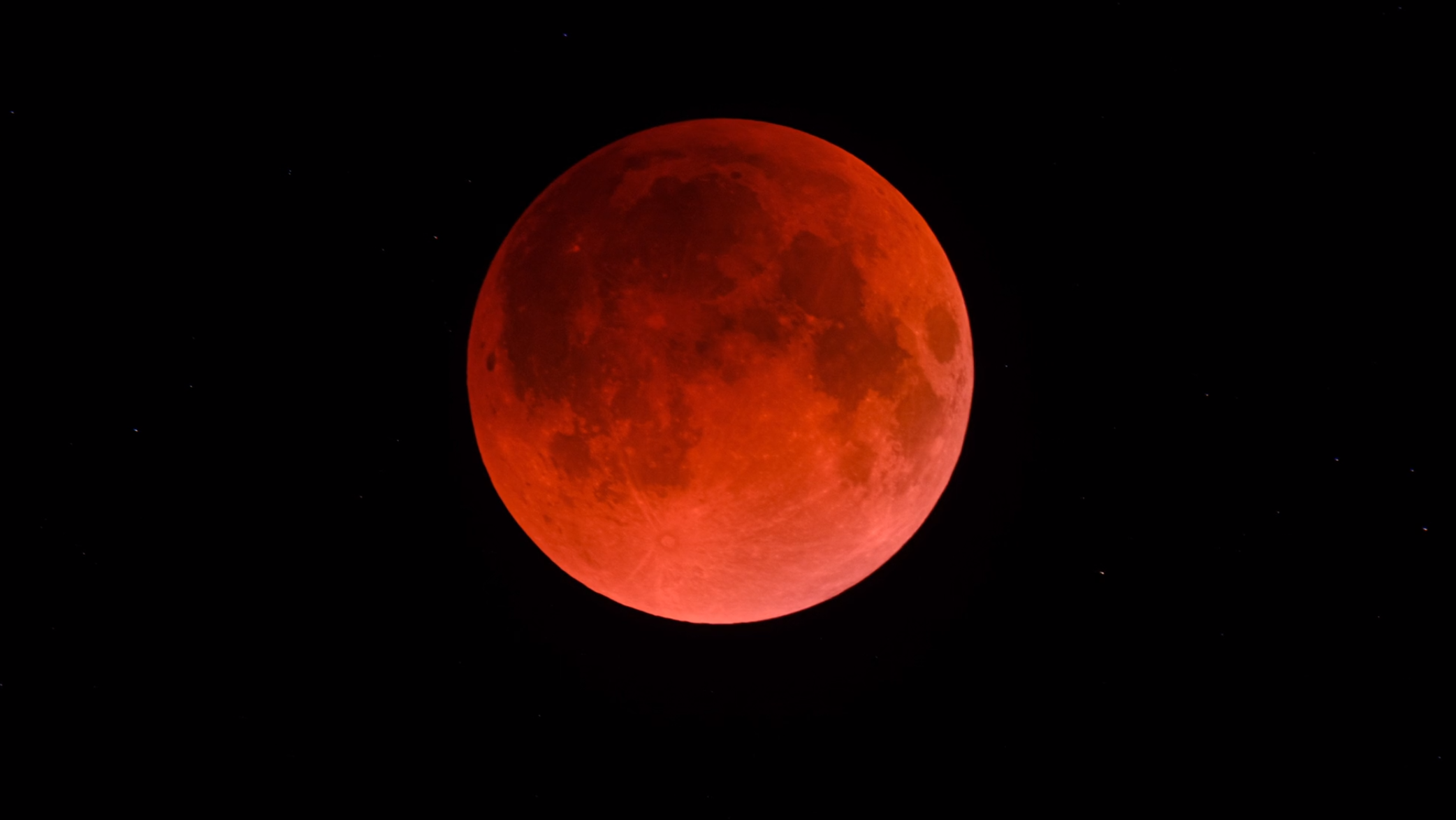
Medieval lunar eclipse observations show how volcanoes affect Earth's climate
By Charles Q. Choi published
Medieval tomes that recorded how the moon changed color during lunar eclipses could help reveal vital clues about the volcanic eruptions that may have triggered the Little Ice Age in Europe.
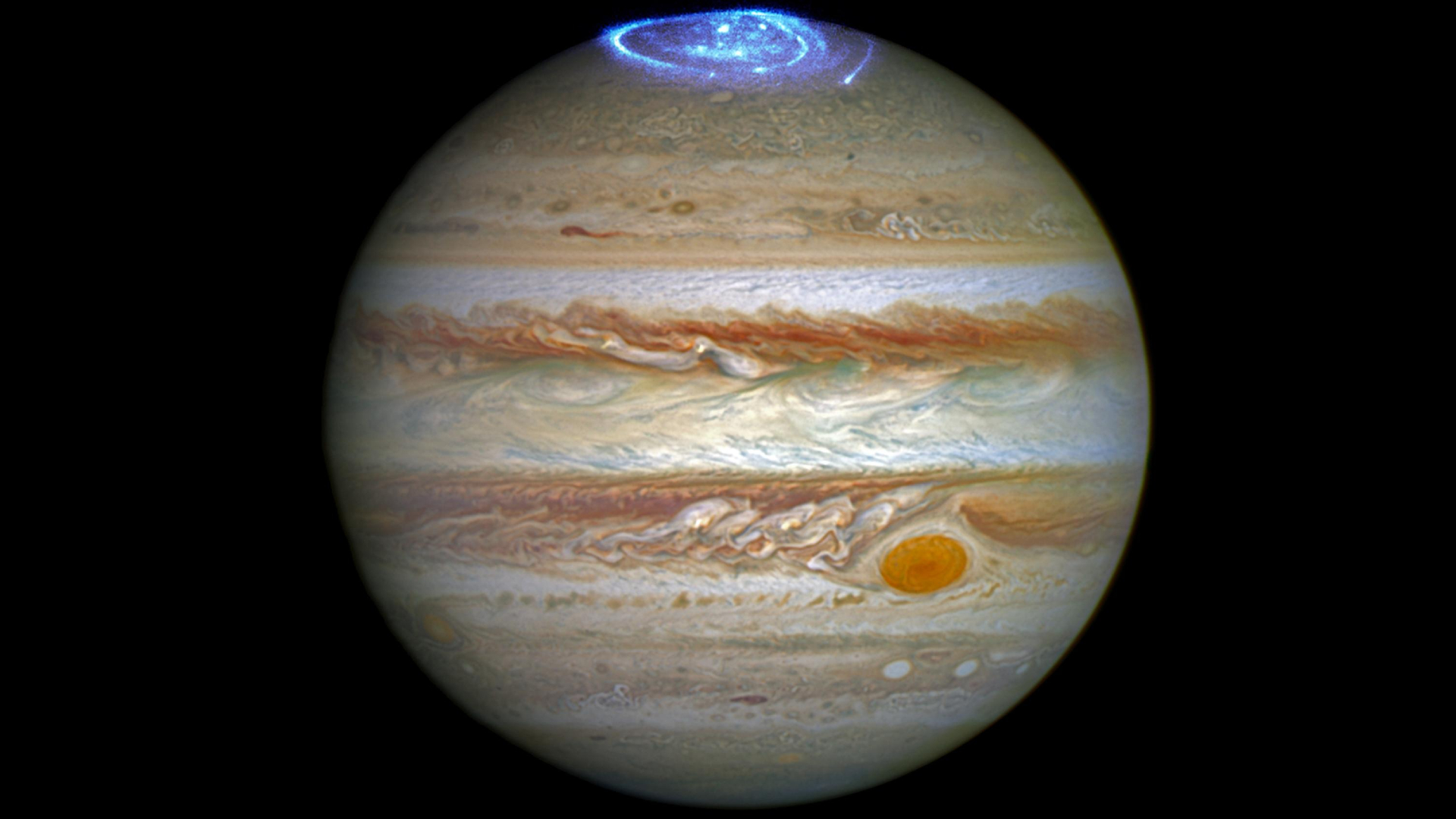
Jupiter: A guide to the largest planet in the solar system
By Charles Q. Choi last updated
Reference Jupiter is the biggest planet in the solar system and has 79 moons. Learn more about the gas giant in our ultimate guide.
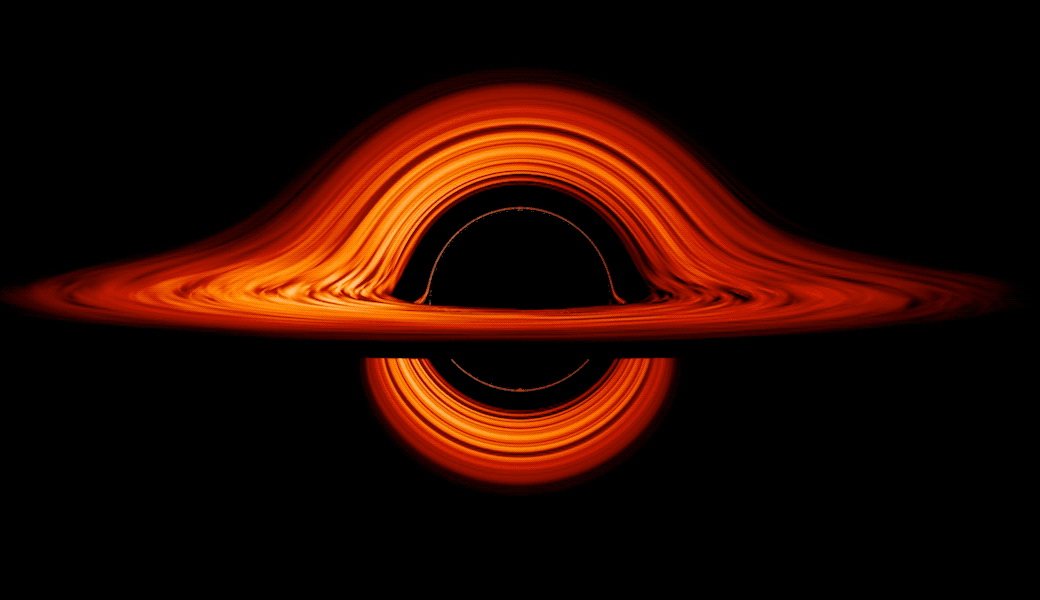
What is a black hole event horizon (and what happens there)?
By Robert Lea last updated
Reference The event horizon is a boundary that marks the outer edge of black holes. It is the point at which nothing, not even light, can escape.
Get the Space.com Newsletter
Breaking space news, the latest updates on rocket launches, skywatching events and more!
